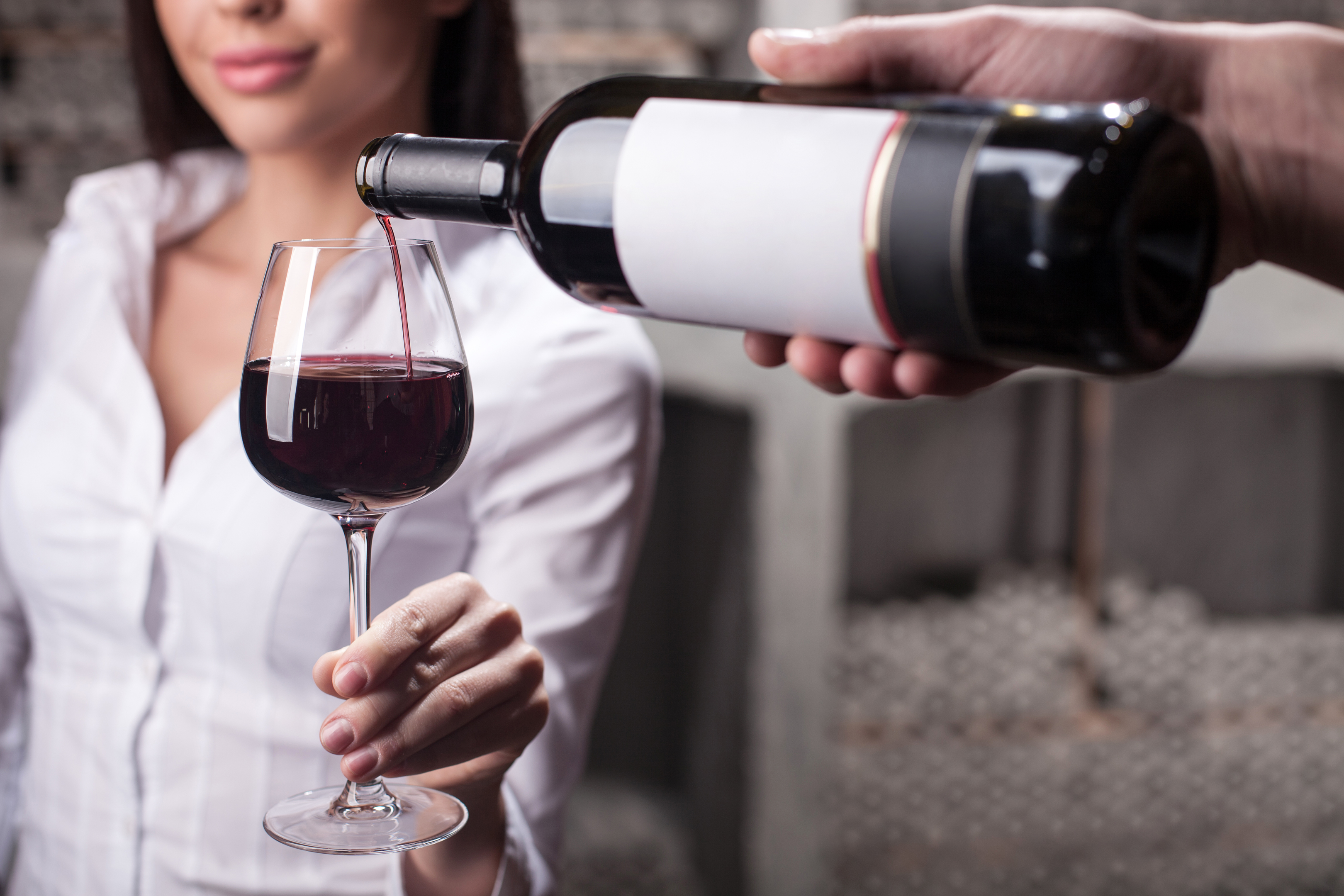
PARTNERS sabotage each other’s attempts to cut down on drinking, with men worse than women, new research suggests.
Drinkers struggle to reduce their alcohol intake due to their partner suggesting one more drink or encouraging them on nights out, a poll found.
Among 2,000 couples where at least one drinks more than the recommended 14 units a week, 26% of women said they were concerned about the effects of alcohol on their partner’s health, while the figure was 21% for men.
Women were more likely than men to say they would drink less if it was not for their partner loving booze (29% compared with 16%).
A third (33%) of men also liked to suggest one more drink if their partner was thinking of stopping for the night, compared with 15% of women.
Just 57% of all people said they would drink less to help their partner if they were trying to cut down.
At present, around 40% of men and a fifth of women drink more than 14 units of alcohol a week, according to industry-funded charity Drinkaware, which carried out the research.
A third of those surveyed (33%) said alcohol being readily available in the home was an issue when it came to cutting down, while 40% of those whose partner wanted to drink less thought the attempt would fail because stress would drive them to drink.
Rev Kate Bottley, from the TV programme Gogglebox, is supporting a new Drinkaware campaign.
She said: “It’s quite sad to see that stress can really undo those good intentions, but we are a nation who bottle up our feelings, it would be far healthier to talk through your bad day rather than turn to a glass of wine or a beer.”
Drinkaware’s chief executive, Elaine Hindal, added: “We know that couples who are planning a health regime together fare better when they really support each other.
“It is sometimes difficult to stay on track with healthy plans but we have developed free tools such as the self-assessment and our Drinkaware app which can really help make a difference, especially if you’re trying to make up for the extra pounds gained over the festive period.”

Enjoy the convenience of having The Sunday Post delivered as a digital ePaper straight to your smartphone, tablet or computer.
Subscribe for only £5.49 a month and enjoy all the benefits of the printed paper as a digital replica.
Subscribe